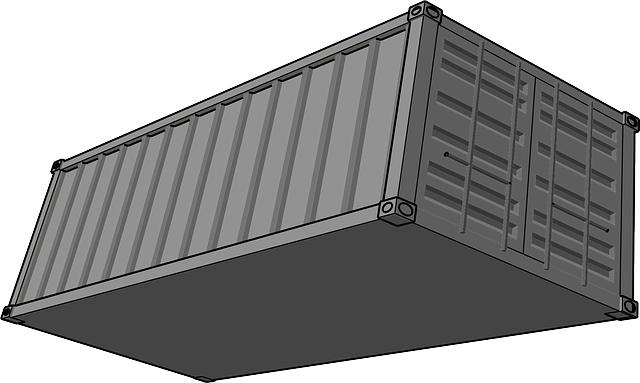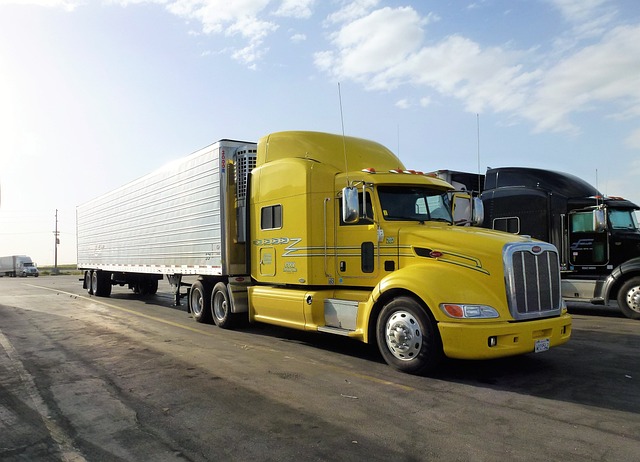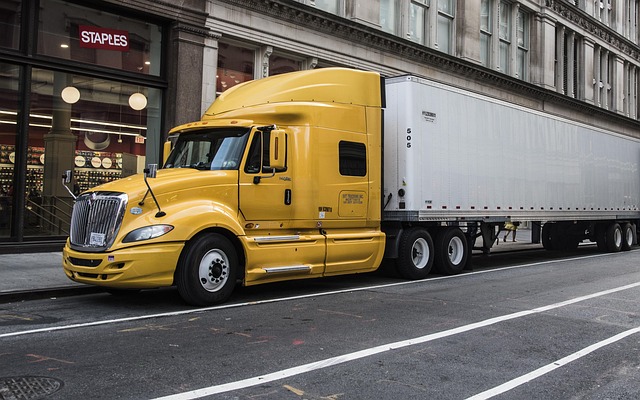Small fleet operators face distinct liability risks necessitating customized insurance policies for comprehensive protection. Key concerns include multi-vehicle accidents, pedestrian involvement, and regulatory compliance. Regular policy updates based on industry best practices ensure optimal coverage, safeguarding against physical damage, legal costs, and liability claims. Crafting effective policies requires a nuanced approach, focusing on traditional and emerging risks, clear language, and technology integration for streamlined claims management. Regular reviews and tailored endorsements ensure the best coverage for small fleet operators' unique needs, promoting risk management, business continuity, and financial security.
In today’s dynamic business landscape, especially for small fleet operators, managing liability risks is paramount. With increasing legal complexities and diverse operational challenges, robust and inclusive insurance policies are essential tools for risk mitigation. This article delves into crucial aspects of addressing liability issues, focusing on best practices for small fleet operators to secure the best coverage. We explore understanding liability risks, crafting comprehensive policies, and following optimal protection strategies.
Understanding Liability Risks for Small Fleet Operators

Small fleet operators face unique liability risks that require tailored insurance policies for comprehensive protection. With an increasing number of vehicles and drivers on the road, ensuring proper coverage is essential to mitigate potential financial losses. One of the primary concerns is accidents involving multiple vehicles or pedestrians, which can lead to significant legal liabilities and medical expenses.
Moreover, fleet operators should consider risks associated with vehicle maintenance, employee conduct, and regulatory compliance. Regularly updating insurance policies to align with industry best practices and changing regulations ensures that small fleet operators secure the most suitable coverage, offering peace of mind and financial safeguard against unforeseen events.
The Importance of Comprehensive Insurance Coverage

For small fleet operators, having the best coverage is paramount not just for risk management but also for business continuity and financial security. Comprehensive insurance policies are essential in mitigating potential liabilities that come with managing a fleet of vehicles. These policies protect against not just physical damage and injuries but also legal costs, liability claims, and other associated expenses.
When crafting their insurance strategies, small fleet operators should look for policies that offer broad coverage, including protection against third-party damages, vehicle theft, natural disasters, and driver errors. Additionally, ensuring that the policy includes provisions for regular maintenance and safety inspections can help prevent accidents and reduce out-of-pocket expenses in the long run.
Crafting an Inclusive and Robust Insurance Policy

Crafting an inclusive and robust insurance policy for a small fleet operator involves careful consideration to ensure best coverage. This means going beyond standard offerings to address unique risks faced by such businesses, such as comprehensive liability protection, including unexpected incidents involving drivers or vehicles. It also entails ensuring that policies are adaptable to the dynamic nature of fleet operations, allowing for adjustments based on factors like mileage, driver history, and vehicle types.
Inclusivity is key, focusing not just on traditional risks but also emerging perils in today’s digital era. This includes cyber liability coverage, which protects against data breaches and hacking incidents that could impact business operations and customer information. Additionally, policies should promote accessibility by offering clear, concise language and easy-to-understand terms, ensuring small fleet operators can make informed decisions about their insurance needs without navigating complex jargon or labyrinthine clauses.
Best Practices for Ensuring Optimal Protection

To ensure optimal protection for your business, especially as a small fleet operator, implementing robust and inclusive insurance policies is non-negotiable. Start by conducting a thorough risk assessment to identify potential hazards and liabilities unique to your operations. This involves evaluating vehicle conditions, driver behavior, and the types of cargo transported. Based on this analysis, customize your insurance policy to cover all identified risks, including liability for property damage, personal injuries, and legal fees.
Next, leverage technology to streamline claims management and enhance transparency. Opt for insurers that offer digital platforms for reporting incidents, tracking claims, and accessing policy documents. Regularly review and update your policies to reflect changes in your fleet size, operations, or regulatory requirements. Additionally, consider adding endorsements for specialized coverage, such as cargo protection or roadside assistance, to ensure you have the best coverage tailored to your small fleet’s needs.
For small fleet operators, navigating liability risks is essential to ensure smooth operations. By adopting comprehensive insurance policies that offer robust and inclusive coverage, businesses can mitigate potential losses and protect their assets. Crafting tailored policies that address specific needs and incorporating best practices for optimal protection is key. Aiming for the best coverage for small fleet operators not only provides peace of mind but also fosters a safe and sustainable business environment.
